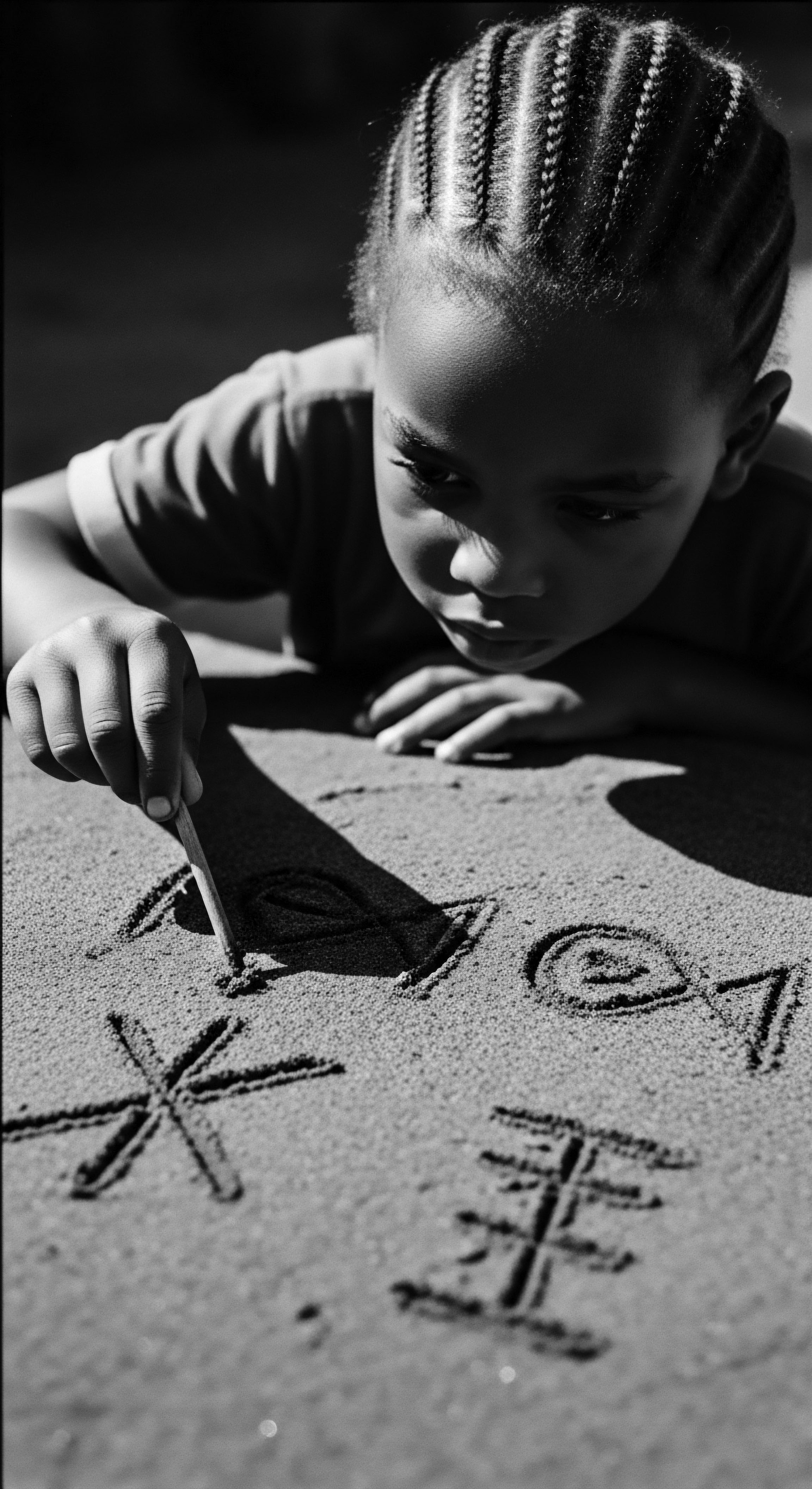
What Scientific Principles Affirm Traditional Hair Oiling Heritage?
Traditional hair oiling for textured hair is affirmed by scientific principles that enhance moisture, strength, and scalp health, echoing ancestral wisdom.
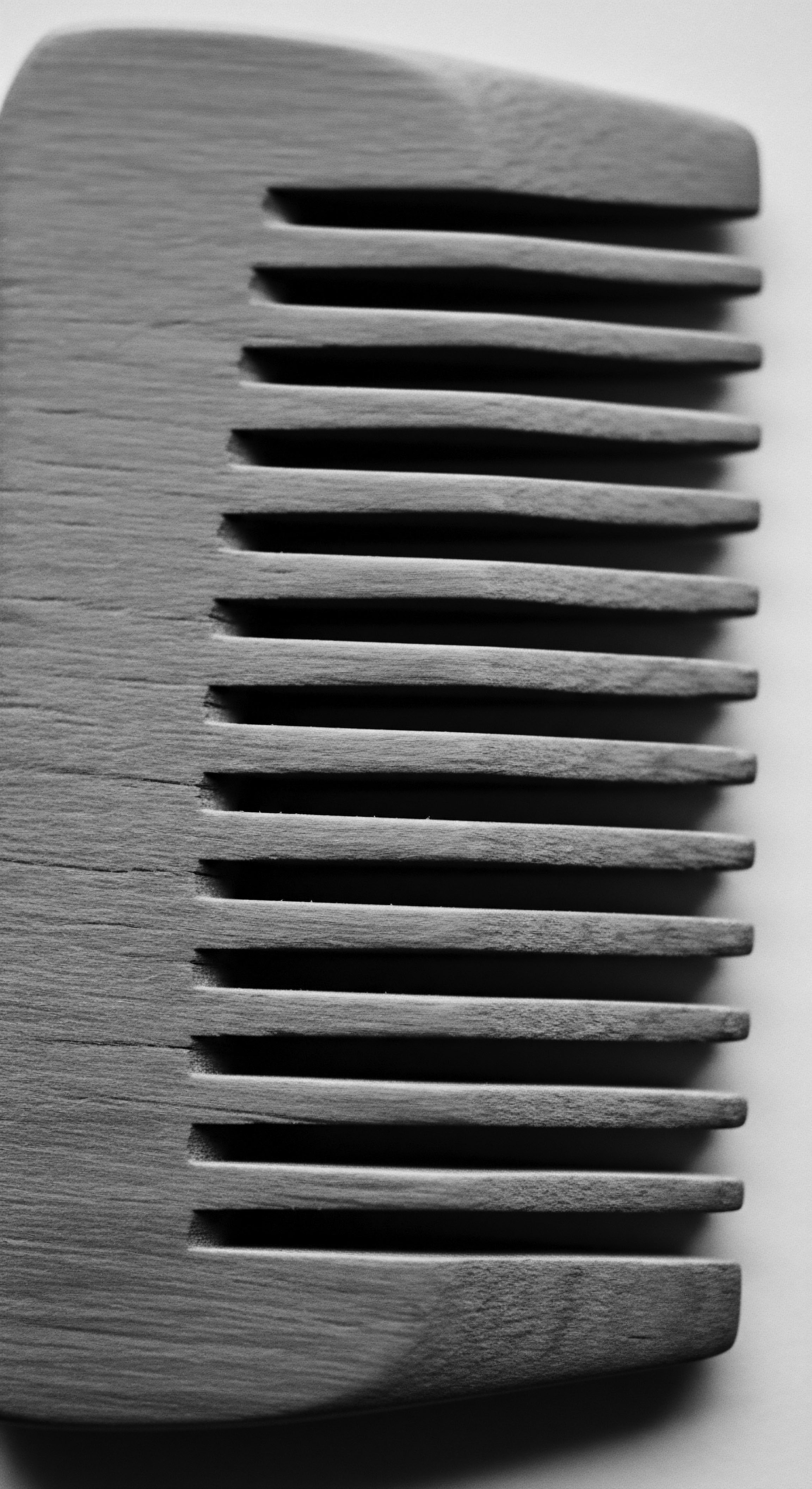
How Do Historical Grooming Rituals Influence Modern Textured Hair Health?
Historical grooming rituals deeply inform modern textured hair health by emphasizing protective practices, natural ingredients, and holistic wellbeing.
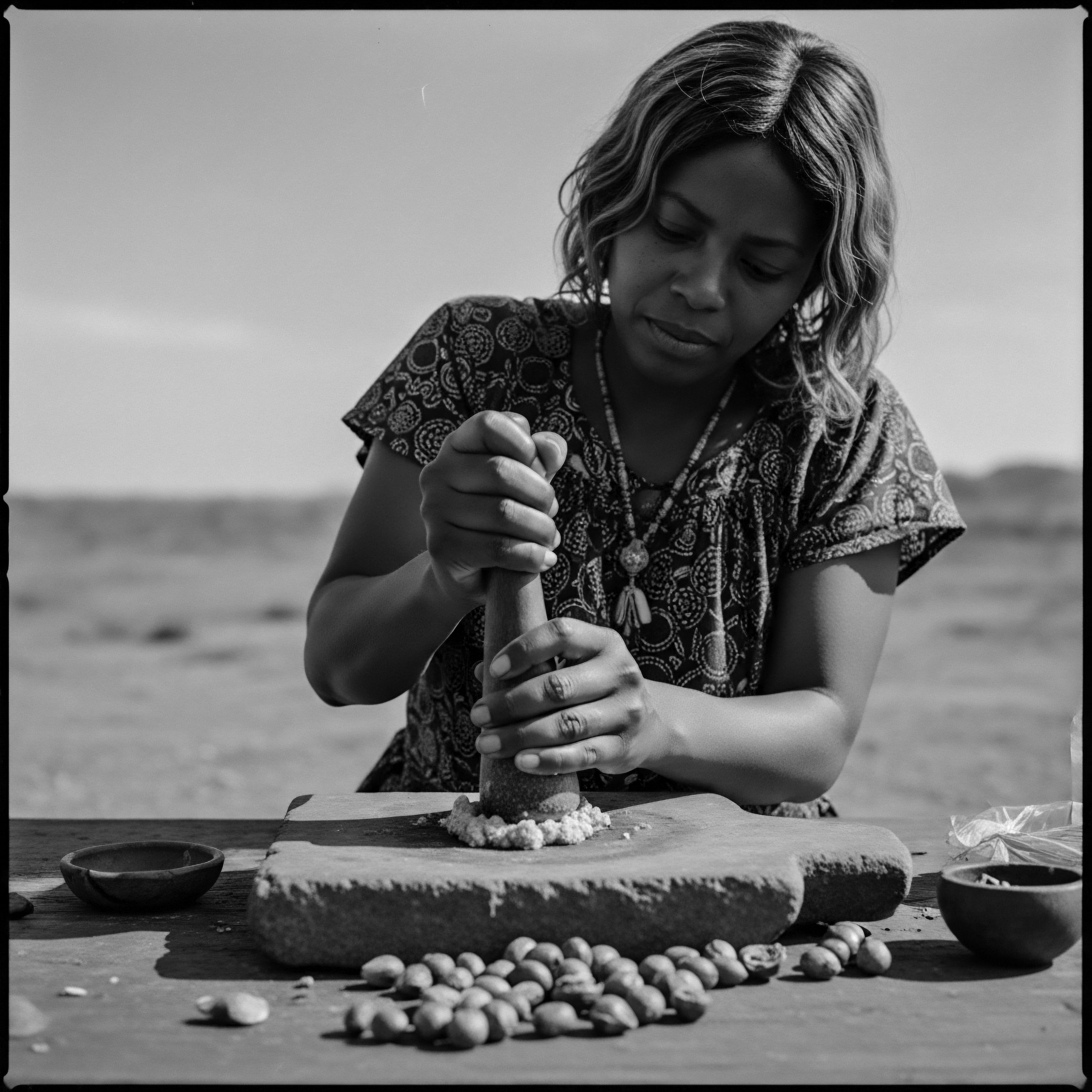
What Ancestral Components Still Offer Benefits for Textured Hair Health?
Ancestral components benefit textured hair health through inherited biological traits, time-honored practices, and deep cultural reverence for natural ingredients.
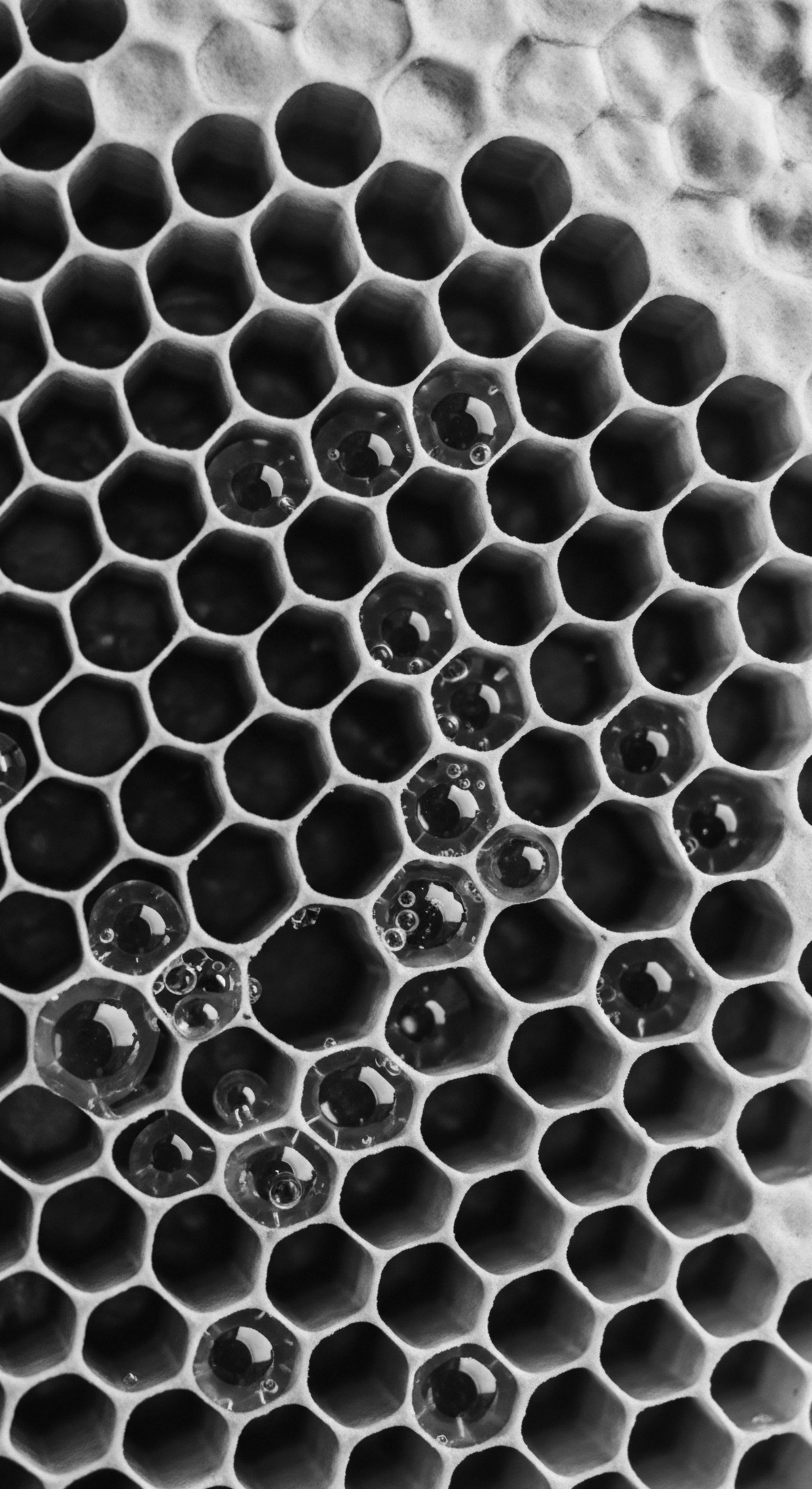
Can Ancient Hair Wisdom Still Aid Textured Hair Vitality Today?
Ancient hair wisdom aids vitality today by providing heritage-rooted practices for resilient textured hair.
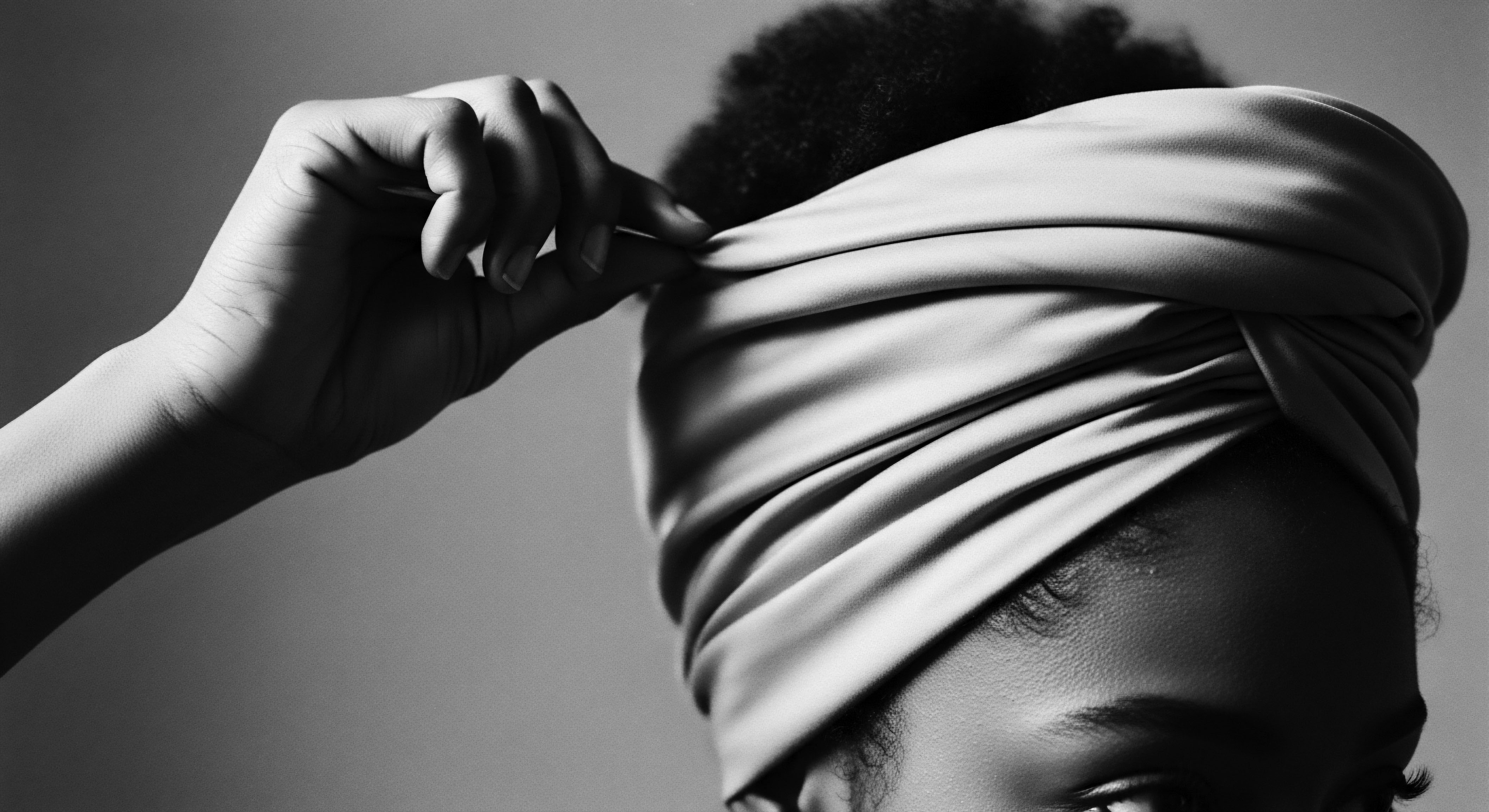
Can Historical African Protective Styling Techniques Benefit Modern Textured Hair Growth Efforts?
Ancestral African styling, a rich heritage, provides deep wisdom for modern textured hair growth.
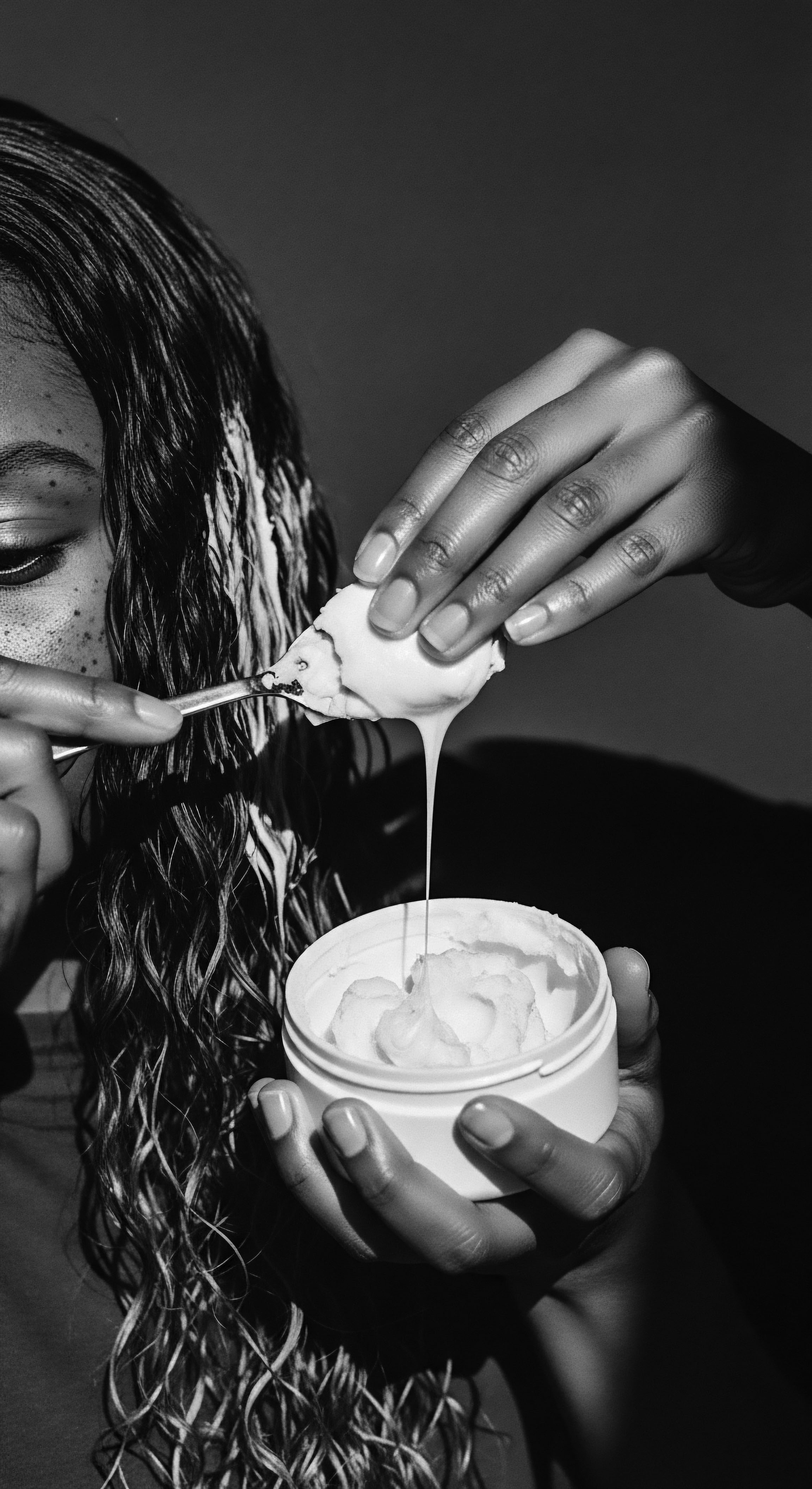
How Do Traditional Practices Reflect Oil’s Importance for Textured Hair Health?
Traditional practices reflect oil's importance for textured hair health by revealing a deep ancestral wisdom of moisture, protection, and cultural significance.

